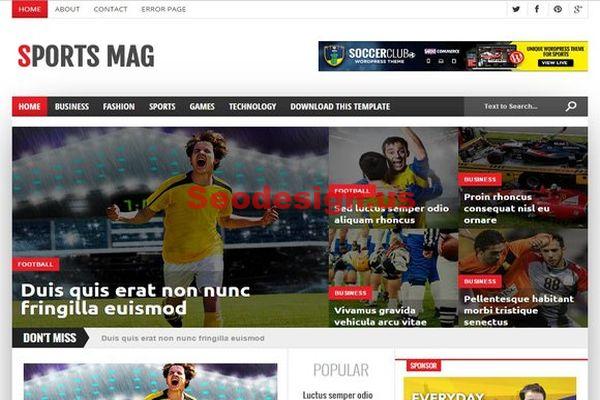One of the best ways to support your site is to nurture it with a search engine optimization (SEO) strategy, ensuring it ranks consistently for relevant keyword phrases in search engines, and maximizing the number of new people who visit your site. If you use an SEO-friendly website builder, you should feel confident that your site is crawlable by search engine bots. You’ll also need to build out pages of initial content, including core pages, blog posts, and meta data like the titles and descriptions of those individual pages.

But what do you do when that initial onsite work is done? It may feel like your work is complete, but in reality, your strategy is just getting started.
Offsite Optimization
Onsite optimization is only half the equation. It gives you the opportunity to show off what your business is like, highlighting the keyword phrases you think people will use when they search for a brand like yours. But what it doesn’t do is boost your authority—the measure of “trustworthiness” that Google applies to your site to determine how to rank it compared to other sites.
Authority depends on PageRank, Google’s algorithm for determining which sites are most authoritative. Put simply, Google tracks where links are pointed across different domains; the more links a site has pointing to it, and the more valuable those links are, the more authoritative the site is going to be. In other words, if you want to increase your rankings, you have to put in the effort to build and/or attract more links to your domain, and preferably from high-authority sources.
There are several ways to do this. One approach is to try and attract more links to your site naturally. You can do this by writing high-quality blog posts with original research or unique ideas, then distributing them via social media. If you’re lucky, and if your distribution network is wide enough, eventually people will start linking to your work. The problem with this method is that it’s extremely unreliable, especially for brands that don’t have a wide influence. Even if you produce some of the greatest content the internet has ever seen, there’s no guarantee that other sites will link to it.
Instead, it’s more reliable to enlist the help of a link building service. If you find a trustworthy provider, they’ll work with you to develop high-quality content on high-authority external domains, citing your work as a reference and getting your brand mentioned in some of the biggest publishers on the web. After a few months of consistent effort on this front, you should see your authority score increase significantly—and you’ll get tons of referral traffic from the links you’ve built as well.
That said, when shopping for a provider, you’ll need to watch out for link schemes. Some link building companies rely on black hat tactics, like spamming links across the web or shoehorning links into low-quality content. Sometimes, they’ll even buy links directly and charge you a markup for it. These link schemes go directly against Google’s terms of service, so avoid them at all costs.
Continued Onsite Work
You should also be aware that your onsite work is likely not finished. If you’re going to continue improving your relevance for different keyword phrases, and building your authority while you’re at it, you’ll need to develop new blog posts on a regular basis. Ideally, you’ll create new, high-quality content for your site at least once or twice a week. These posts will also be valuable as targets for your link building campaign.
You’ll also need to revisit your meta titles and descriptions on a regular basis, and audit your site to see if any areas need a tune-up. New standards for mobile devices, new technologies that can improve your interface, and adjustments to increase your loading speed could all have a positive impact on your rankings. Much of your work here will depend on your strategy’s performance; if you’re not seeing the results you want after a few months, you’ll need to make some changes. If you’re interested in targeting a new set of keywords, you’ll need to shift your focus.
SEO is a rewarding strategy to pursue, but it’s also a complex one, and one that requires ongoing nurturing if you’re going to be successful. Simply setting up your site properly with a good website builder is a good start, but you’ll need to call in other tactics and keep pushing your site if you want to be successful. Make sure you keep producing new content for your onsite blog, and develop content for offsite publications, so you can keep building new links pointing to your domain.





